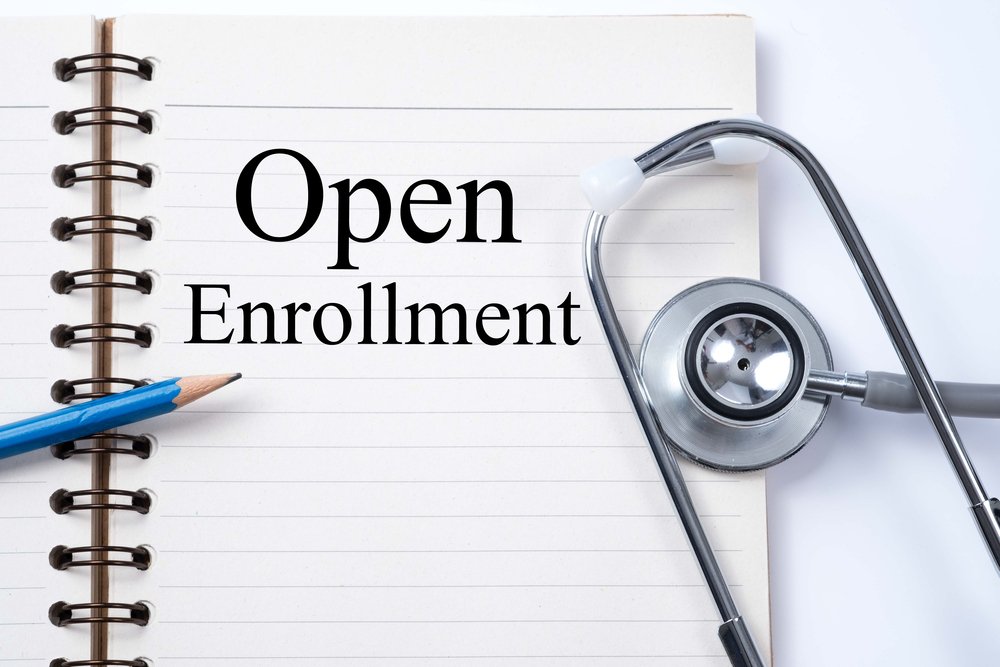Adults With MS Wanted for 12-week Trial Assessing Health Benefits of Tele-exercise
Written by |

Adults with multiple sclerosis (MS) and other neurological disorders are being recruited to take part in a 12-week clinical trial that aims to assess the health benefits of home-based tele-exercise — performed while seated — led by the Burke Neurological Institute, in New York, according to an announcement from the Multiple Sclerosis Foundation.
Regular exercise and being physically active are known to have multiple health benefits, such as increasing muscle strength and flexibility, improving the heart’s ability to pump blood, and improving a person’s mental well-being.
Increasing evidence also points to a link between physical activity and brain health, with regular exercise helping to delay brain aging and neurodegenerative diseases such as MS.
In fact, an international panel of experts, convened by the National MS Society, developed new guidelines earlier this year recommending that healthcare providers encourage MS patients to engage in regular exercise and keep physically active.
Now, the Burke Institute has launched a Phase 1/2 clinical trial, called Telex (NCT04564495) — formally, Home Based Tele-exercise for People With Chronic Neurological Impairments — to evaluate the health effects of a 12-week virtual physical intervention, or tele-exercise, program. The trial will enroll about 50 adults, ages 18–75, with neurological impairments, to take part in the seated tele-exercise program for at least six months.
Eligible conditions include MS, spinal cord injuries, cerebral palsy, different types of paralysis, Parkinson’s disease, trauma, brain transverse myelitis, and Friedreich’s ataxia.
To participate, patients must be medically stable, have no contraindications to exercise, be able to commit to the tele-exercise program, and be currently exercising up to two days per week. Those enrolling also must have access to high-speed internet on a device with a webcam, and be able to follow instructions in English.
As part of the trial, researchers will be evaluating whether participating in live classes versus prerecorded sessions has any impact on patient performance or success. Thus, the participants will be randomly assigned to either join in live classes on Zoom — a conferencing app — with other patients or exercise with a prerecorded program. Either way, participants will have sessions three times a week for 12 weeks (about three months).
The 45-minute classes, to be performed in a seated position with adaptive exercises, will include boxing, posture strengthening, and high-intensity interval training. The interval training is characterized by repetitive bouts of high-intensity exercises with intermittent periods of rest or active recovery.
A heart rate monitor, a blood pressure monitor, and wrist weights will be provided to each participant.
Telex’s goals are to assess the effects of the home-based tele-exercise program in patients’ cardiovascular health, physical wellness, and quality of life. It also will determine if a class with a live instructor versus a prerecorded class has an effect on motivation, compliance, physical effort, and safety.
The trial will be supervised by Kathleen Friel, PhD, lab director of Burke’s clinical laboratory for early brain injury recovery. Friel also is an associate professor at Weill Cornell Medicine, in New York, of which the Burke Institute is an academic affiliate.
The entire process, including screening and consenting, will be done via Zoom and Redcap — or Research Electronic Data Capture — an app for building and managing online surveys and databases.
Using these processes allow participants to enter trials with minimal inconvenience, expense, and effort of traveling. The researchers say their use here will potentially provide a blueprint for future studies.
If this virtual exercise program proves to be effective, online platforms could be developed as a viable approach to allow people with neurological conditions to exercise, and increase and maintain wellness, without having to leave their homes. That type of feature has become even more relevant during the current COVID-19 pandemic.


